The Future of Renewable Energy: Solar Panel PK Insights
Solar panels are revolutionizing the energy sector in Pakistan, offering a sustainable solution to the country’s growing power demands. This detailed guide explores everything you need to know about Solar Panel PK, including their types, benefits, installation process, and maintenance tips. Our goal is to provide you with a rich, informative resource that helps you make an educated decision about integrating solar energy into your daily life.
Understanding Solar Panels
What are Solar Panels?
Solar panels are devices that convert sunlight into electricity through photovoltaic (PV) cells. These cells, typically made from silicon, absorb sunlight and generate an electric current, providing a renewable energy source for homes and businesses.
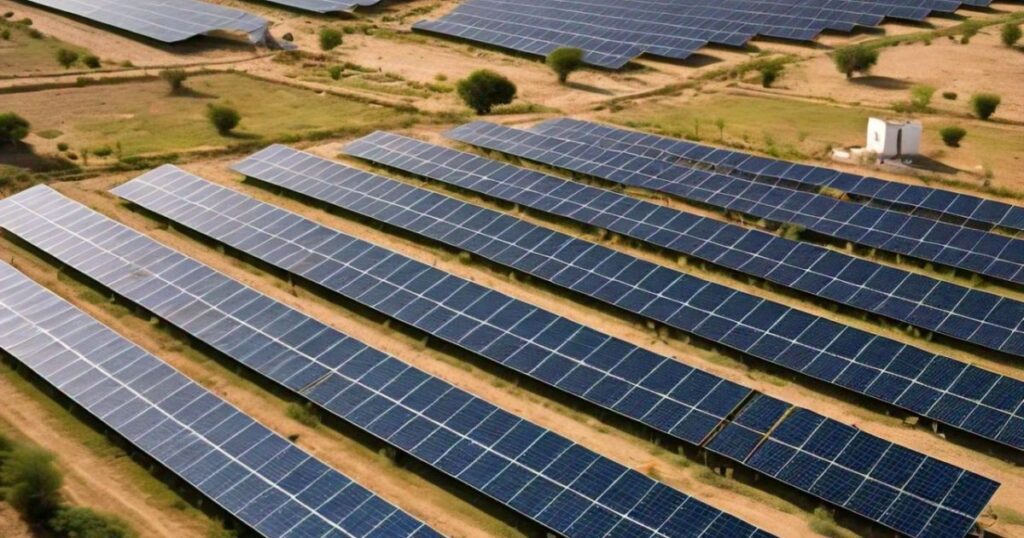
Benefits of Solar Panels
- Environmental Impact: Solar energy is a clean, renewable resource that reduces carbon emissions and mitigates climate change.
- Energy Independence: Solar panels allow users to generate their own electricity, decreasing reliance on the national grid and ensuring a stable power supply.
- Cost Savings: While the initial investment is significant, solar panels lead to substantial savings on electricity bills over time and can enhance property value.
- Low Maintenance: With minimal maintenance requirements and a lifespan of 25-30 years, solar panels offer a long-term, cost-effective energy solution.
Types of Solar Panels Available in Pakistan (PK)
Monocrystalline Solar Panels
Monocrystalline panels are made from single-crystal silicon, known for their high efficiency and sleek appearance. They are ideal for areas with limited space as they produce more power per square meter compared to other types.
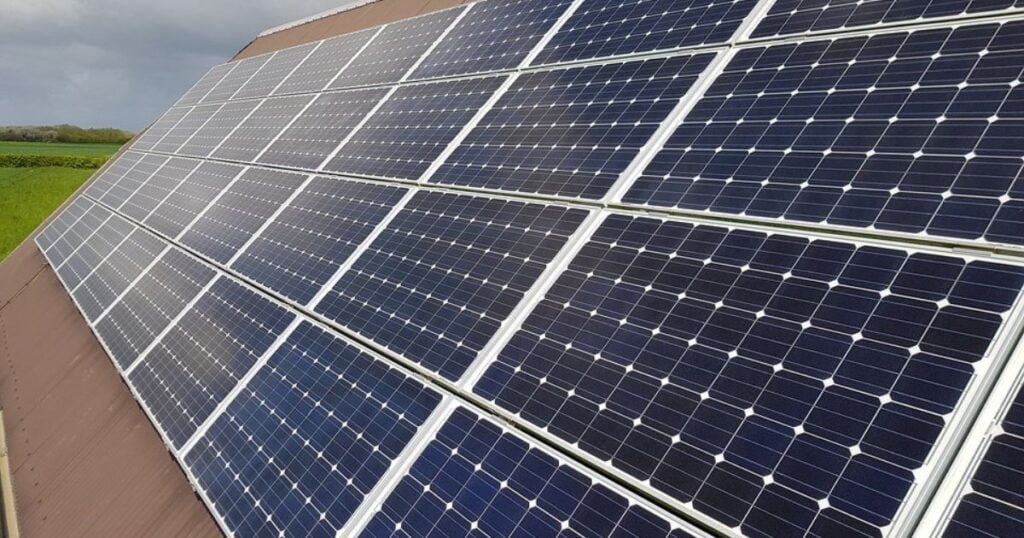
Polycrystalline Solar Panels
Polycrystalline panels are composed of multiple silicon crystals. They are generally less efficient than monocrystalline panels but are more affordable, making them popular for residential installations.
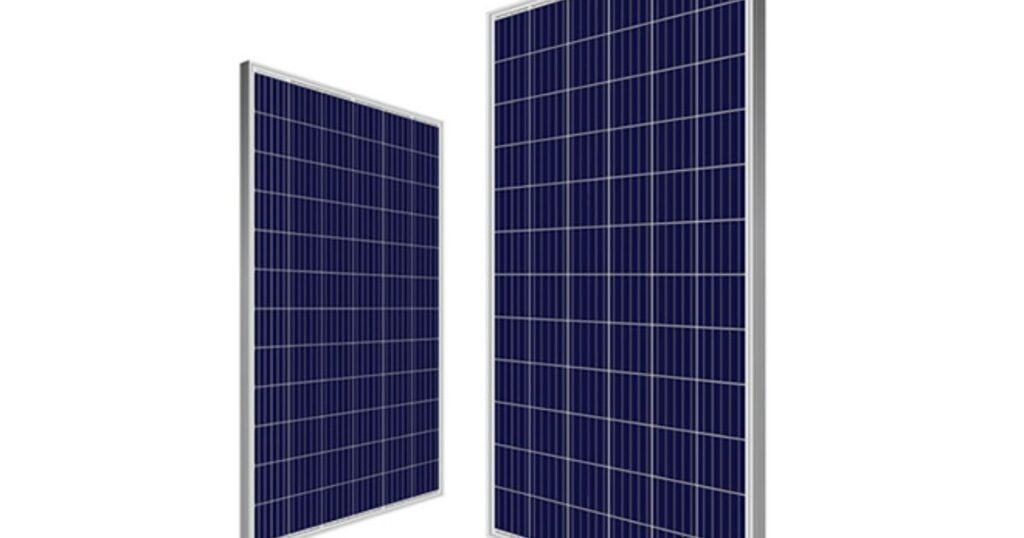
Thin-Film Solar Panels
Thin-film panels are created by depositing thin layers of photovoltaic material onto a substrate. They are flexible and lightweight, suitable for unique applications like building-integrated photovoltaics (BIPV). However, they are not much efficient and require big space.
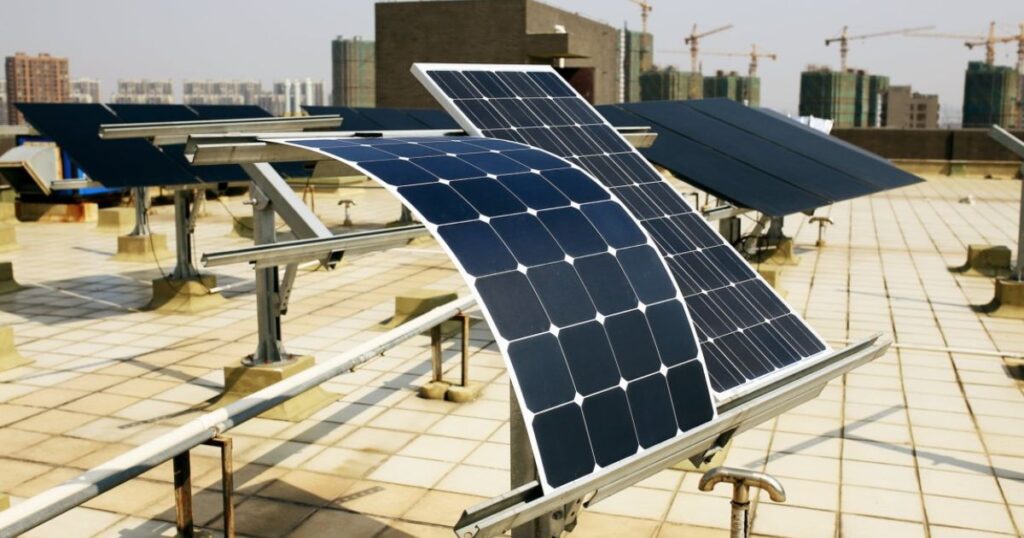
Bifacial Solar Panels
Bifacial panels can capture sunlight from both sides, enhancing energy production. They are particularly effective in areas with reflective surfaces like snow or sand.
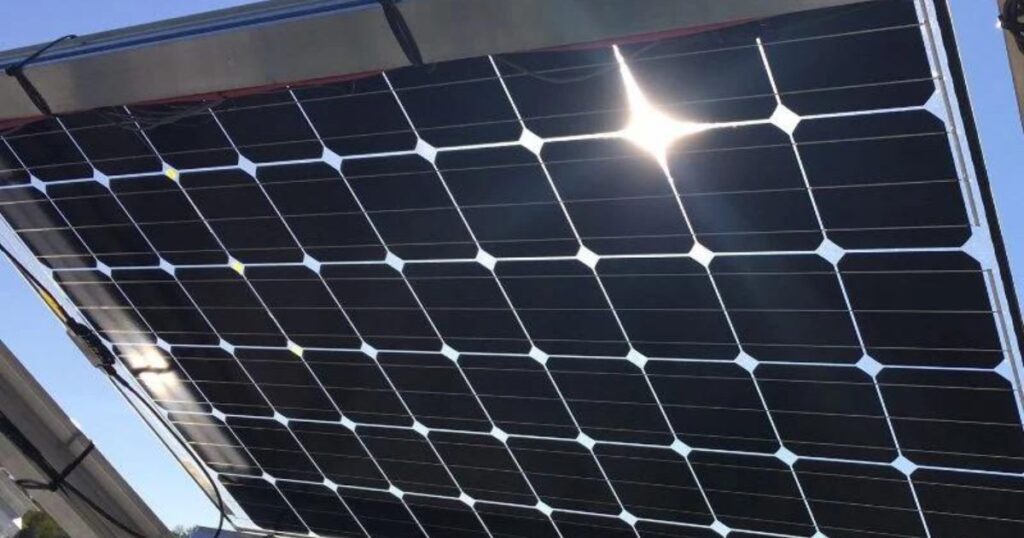
Choosing the Right Solar Panel for Your Needs
Assessing Energy Requirements
Begin by calculating your household or business’s energy consumption. Review your electricity bills to determine the average kilowatt-hours (kWh) used per month. This will help you estimate the size and number of solar panels needed.
Evaluating Site Conditions
Consider factors such as the amount of sunlight your location receives, roof orientation, and shading from trees or buildings. South-facing roofs with minimal shading are optimal for maximizing solar energy production.
Budget Considerations
While monocrystalline panels offer higher efficiency, they are more expensive. Polycrystalline panels provide a balance between cost and efficiency, whereas thin-film panels are the most affordable but require more space. Finalize your budget and set features accordingly.
Warranty and Durability
Look for solar panels with robust warranties and certifications. A typical warranty period is 25 years, covering performance and material defects. Reliable manufacturers often provide comprehensive support.
Installation Process of Solar Panel PK
Site Assessment and Design
A professional solar installer will evaluate your site to design a system tailored to your energy needs and structural conditions. This includes determining the optimal placement for maximum sunlight exposure and planning the electrical layout.
Permits and Approvals
Installation requires obtaining necessary permits and approvals from local authorities. This ensures that the system complies with building codes and safety standards.
Installation and Grid Connection
The installation process involves mounting the panels, setting up the inverter, and wiring the system to your electrical panel. If you opt for a grid-tied system, your installer will coordinate with the local utility to connect your system to the grid.
Inspection and Commissioning
After installation, the system undergoes a thorough inspection to verify its safety and performance. Once approved, the system is commissioned, and you can start generating your own electricity.
Maintenance Tips for Solar Panels
- Regular Cleaning: Dust, dirt, and bird droppings can reduce the efficiency of solar panels. Clean them regularly using water and a soft brush or hire a professional cleaning service.
- Periodic Inspections: Conduct periodic inspections to check for any damage or wear. Ensure that all components, including the inverter and wiring, are in good condition.
- Monitoring System Performance: Use monitoring software or apps to keep track of your system’s performance. This helps identify any issues early and ensures optimal energy production.
- Professional Servicing: Schedule professional servicing at least once a year to maintain peak performance and address any technical issues.
Government Incentives and Financing Options
Net Metering Policy
Pakistan’s net metering policy allows solar system owners to sell excess electricity back to the grid, offsetting their energy costs. This makes solar investment more attractive by providing a return on investment.
Subsidies and Grants
Various government subsidies and grants are available to encourage solar adoption. Check with local authorities for the latest incentives that can reduce your upfront costs.
Financing Solutions
Many banks and financial institutions offer loans specifically for solar installations. These financing solutions can spread the cost over several years, making it easier to afford a solar system.
Challenges and Considerations
Initial Investment
The initial cost of solar panels and its installation could be high. However, the long-term savings on electricity bills and potential incentives can offset this expense.
Weather Dependence
Solar panels rely on sunlight to generate power. Seasonal variations and weather conditions can affect energy production, requiring backup systems or grid reliance during low sunlight periods.
Technological Advancements
The solar industry is rapidly evolving with new technologies and products. Stay informed about the latest advancements to ensure your system remains efficient and up-to-date.
Conclusion
Investing in Solar Panel PK is a forward-thinking decision that brings numerous environmental and economic benefits. By understanding the different types of solar panels, assessing your energy needs, and following a structured installation and maintenance process, you can harness the power of the sun to create a sustainable and cost-effective energy solution.
Read more at bbrainsgroup.com/
FAQ’s
1. How much does it cost to install solar panels in Pakistan?
The cost of installing solar panels in Pakistan varies depending on the type and size of the system. On average, a residential solar panel system can cost between PKR 500,000 to PKR 1,000,000. This includes the cost of panels, inverters, batteries (if needed), and installation.
2. How long do solar panels last?
Solar panels typically have a lifespan of 25 to 30 years. Over time, their efficiency may decrease slightly, but they continue to generate electricity well beyond their warranty period.
3. What is the net metering policy in Pakistan?
Pakistan’s net metering policy allows solar system owners to connect their systems to the national grid and sell excess electricity back to the utility. This not only helps offset their energy costs but also promotes renewable energy usage.
4. Do solar panels work during cloudy or rainy days?
Solar panels can still generate electricity during cloudy or rainy days, though their efficiency is reduced compared to sunny days. They rely on light, not direct sunlight, to produce electricity, so they continue to work under less-than-ideal weather conditions.
5. Are there any government incentives for installing solar panels in Pakistan?
Yes, the Pakistani government offers various incentives to encourage solar energy adoption. These include subsidies, grants, and favorable financing options. The net metering policy is also a significant incentive, allowing homeowners to sell excess energy back to the grid.
2 Responses